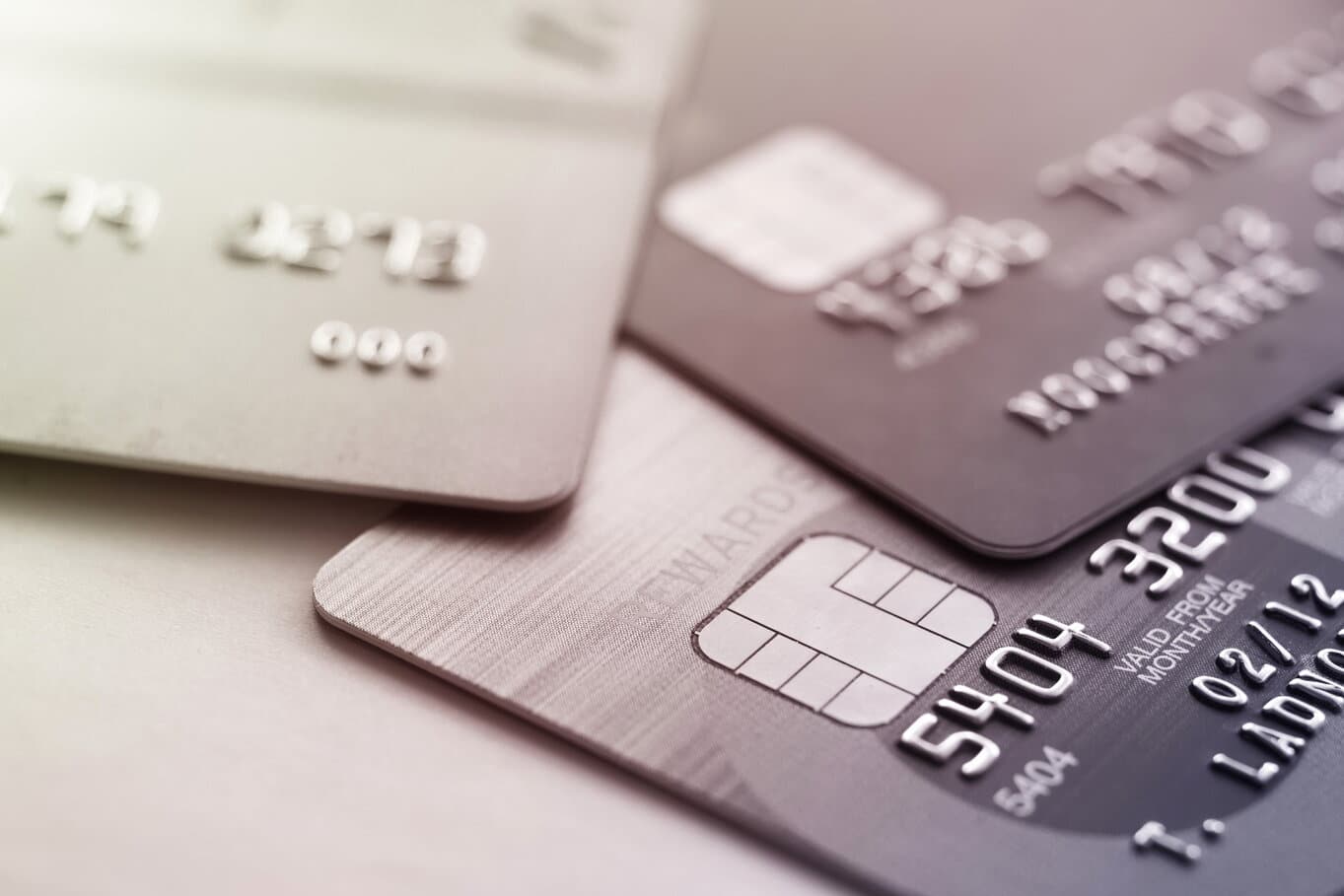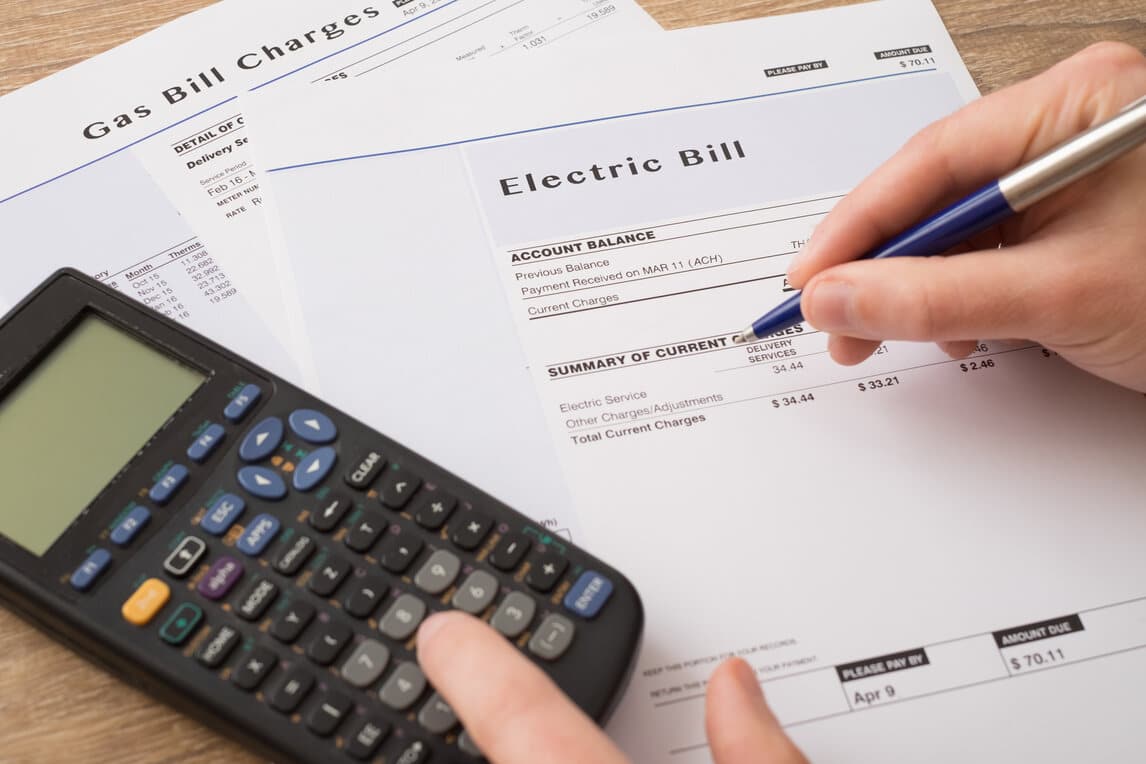Jasmine Birtles
Your money-making expert. Financial journalist, TV and radio personality.


Although a credit card and a debit card look the same and have similar functionalities, they are fundamentally different. They are both convenient to use and are accepted in most places, yet the core distinction is where the money is drawn from.
Particularly when owning multiple cards, it can get a little confusing. This blog will help you understand the main differences between credit and debit cards as well as when it is better to use one over the other.

Debit cards and credit cards both allow you to pay for things in shops and online. However, where the funds on the card comes from is the key difference.
A debit card uses the funds you have in your bank account. You can only pay what you’ve got in your bank account – and nothing more! Actually, if your current account has an overdraft facility (even if you’ve not got one arranged), it’ll go into your overdraft. Once you’re in your overdraft, that’s credit (not debit). It’s money you’ve borrowed – not money you’ve got. The money goes out of your account and that’s it – very much like a cash purchase.
A credit card, on the other hand, borrows money from a lender to pay for something. It’s money you don’t already have – but need to pay back. If you repay it within your statement period (usually 30 days), you don’t pay interest on what you bought. If you don’t pay it in full, though, you’ll be charged interest – sometimes up to 39.9%! You will also face late payment charges if you don’t even pay the minimum each month. Not repaying in full, or missing a payment, can affect your credit score.
At MoneyMagpie, we always advocate spending within your means. So, a debit card is the most obvious choice here. However, there are benefits to having a credit card – as long as you can afford to make monthly repayments.
If you find it difficult to handle credit and there is a high risk of falling into big debt, then it’s safer to stick to a debit card. Yet, for most users, having both a credit and a debit card to use interchangeably is the best route to go down. The debit cards make for safer budgeting, yet the credit card offers better insurance.
For expensive purchases, such as white goods or a sofa, a smart decision would be to buy the product entirely with your credit card. You’ll have more consumer protection if something goes wrong with your order, as long as it’s worth more than £100. Your credit card provider is jointly responsible for any refunds – so if you struggle to make claims with the retailer, your card provider should handle it instead. If you’re using a credit card for a specific large purchase, look for one with a long 0% interest-free period on purchases. This gives you more time to repay without hefty interest charges.

Expensive purchases may be a rare occurrence, but what about the monthly bills? Using your debit card for the bills might be the first thought that comes to mind, but if you can, a better choice would be your credit card. As mentioned before, ensuring that you can afford to pay your debt in full each month is essential. If that happens, you could enjoy a lot of the perks that credit cards come with.
Firstly, some companies offer a cash bonus for a minimum amount spent monthly on your credit card. In this case, it makes sense to include your bills here, as it helps you reach the threshold. You might find alternative rewards – like air miles – on cards, instead. As long as you’re repaying the balance from your bank account each month, paying your regular bills on a credit card is a money-savvy approach.
Making regular payments each month with your credit card also builds a solid credit score. Even something like only using your credit card for fuel each month can help. Repaying in full on a regular basis shows lenders that you’re a responsible borrower. A higher credit score means it’s easier to get mortgages, other credit lines, and even phone contracts.
There are lots of different types of credit card available. Which one you get depends on what you plan to do with it – and your current credit score.
If you’re in a bind, getting a credit card might not seem possible if you already owe a lot of cash. Or, if you were previously bankrupt or have a low credit score, most card providers will reject you. There are some, however, that offer credit cards specifically for those with bad credit.
These credit rebuilder cards come at a high cost – up to 39.9% interest – but can really help get you back on your feet. The borrowing limit starts out typically low, often as low as £100-£300, so you can’t overspend too much. Try to use no more than 10% of your limit each month, and repay it in full. This will help speed up the improvement of your credit score.
As mentioned above, some credit cards offer rewards. This could be cashback on certain purchases, loyalty points for your favourite supermarket scheme like Nectar or ClubCard, or air miles. Often, these cards come with an annual fee – so make sure the rewards are worth the fee.
When you get a credit card, there’s often a promotional interest rate to entice you in. However, that ends after the set period – and interest rates soar. If you’ve made large purchases, or you’re using your card instead of an overdraft, this becomes really costly when the promotional rate ends. A 0% Balance Transfer Card lets you move your current credit card debt to a new provider without an extra charge. This buys you time on repaying your debt.
Another promotional card you’ll see is 0% on purchases. This means you won’t pay interest on purchases made within the promotional period for that set amount of time. If you’re buying something specific, such as a fridge, it can be a good way to spread the cost without paying extra in interest. Be really careful about when the promotional period ends though – rates rocket after this point and it could get very expensive!
If you don’t want to use a credit card but need immediate funds, here are a few alternatives you could consider.
Avoid using “Buy Now, Pay Later” schemes, as the interest rate on these is extortionate.
Need more help navigating the difference between secure and unsecured loans? Want to know how to get out of debt? We’re here for you! Read these articles next.

Very informative article.